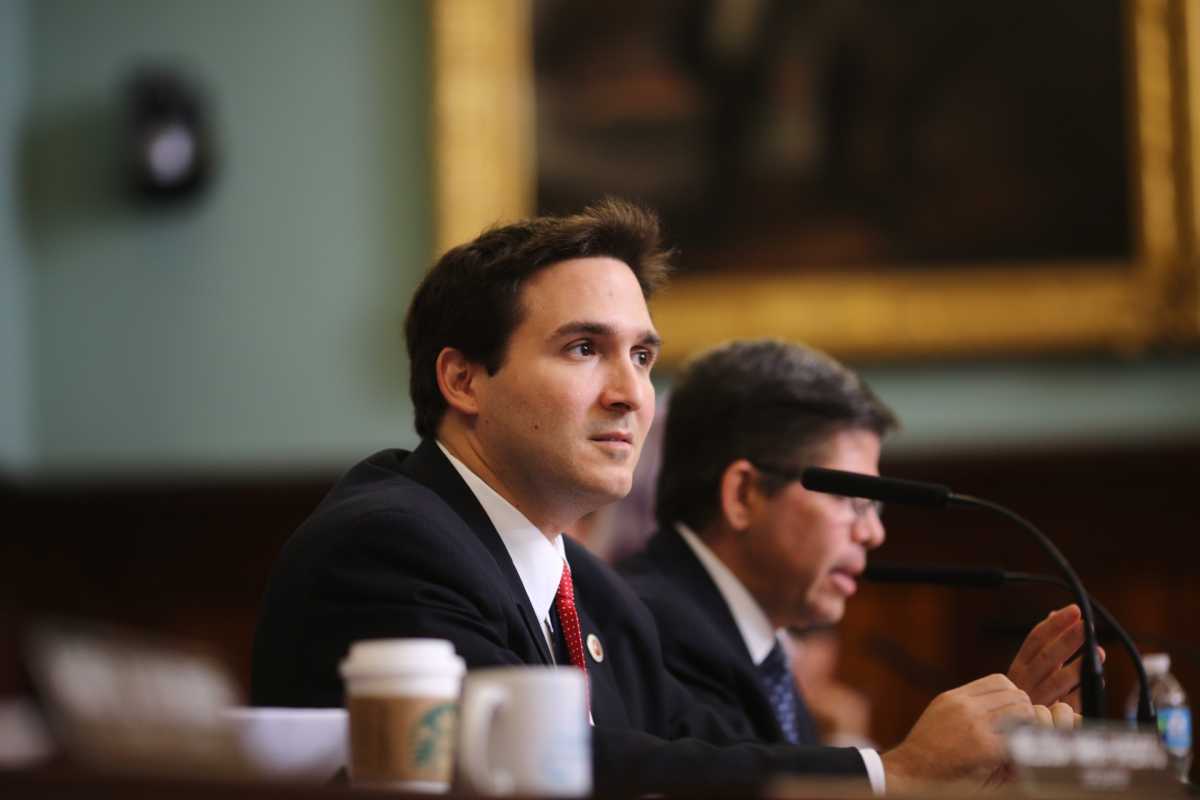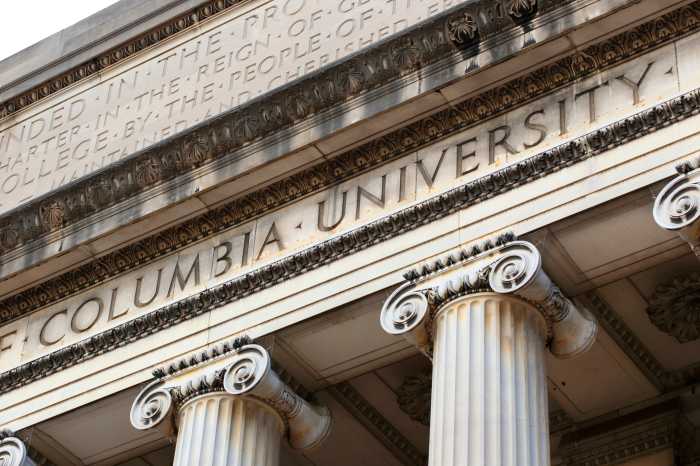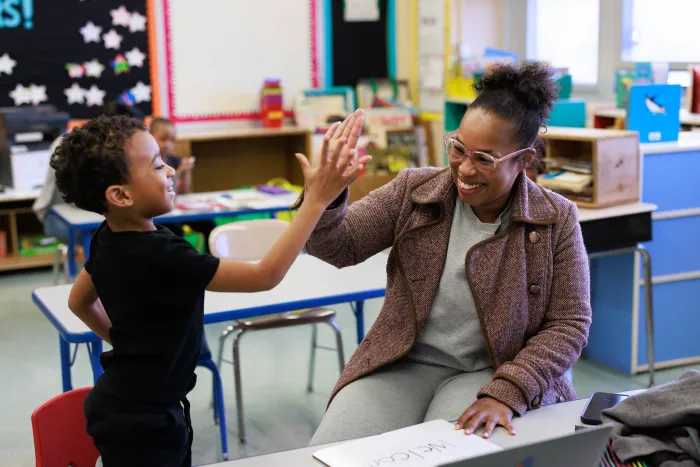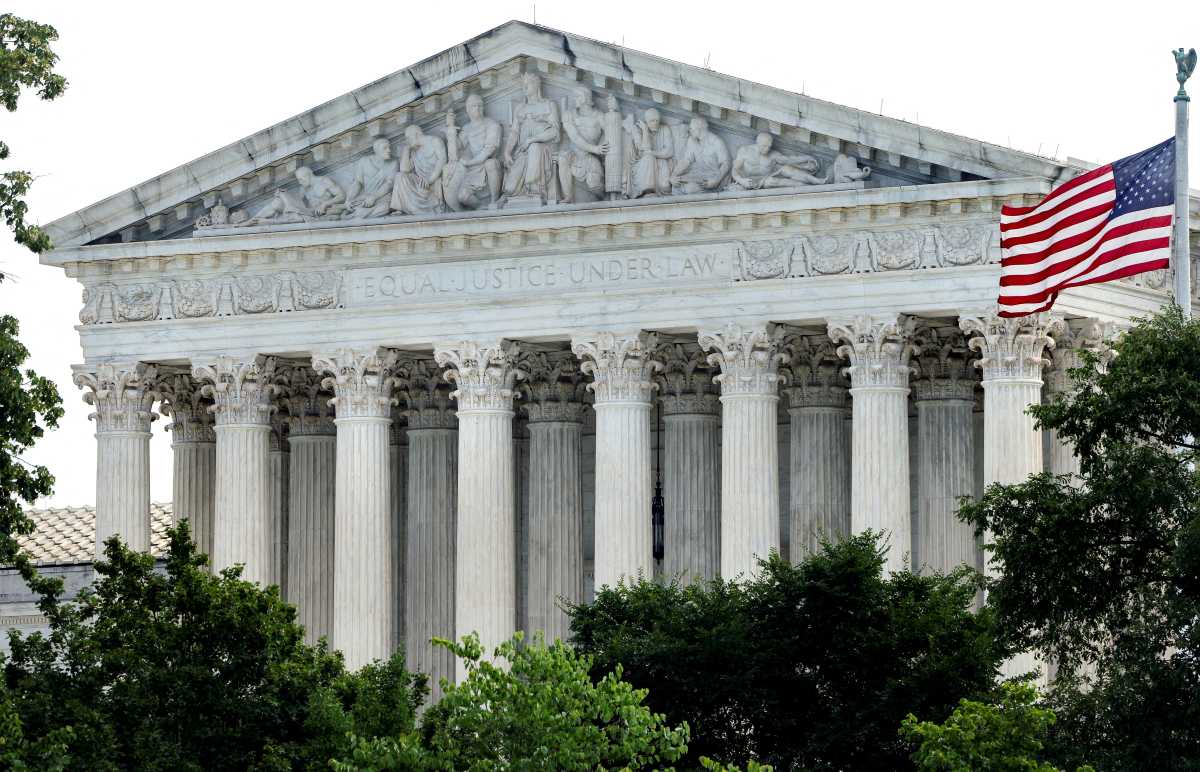Pols pushed the city to make universal after-school programming a reality during an oversight hearing on the city’s publicly funded after-school programs on Tuesday.
“Universal access to after school will increase and equalize educational opportunities, keep kids out of the criminal justice system, and make life easier for parents whose jobs keep them at work until at least 5 p.m.,” said Councilmember Ben Kallos, at an oversight hearing on after-school legislation on Tuesday. The Upper East side pol sponsored a bill in 2018 requiring that the city provide free after-school programs to every public school student between the ages of three through 21.
Kallos was joined by other members of the Youth Services committee including Councilmember Treyger who touched on his own after-school legislation proposed in 2018. Treyger’s bill would require annual reports by the Department of Education and DYCD on the demographics of the students at each after-school program including whether the student has special needs or is an English language learner. The report would also require that the agencies note the eligibility criteria for each program and the amount and source for program funding.
“The children that we are serving…is there data on the number of kids that have been turned away because of their special needs?” asked Treyger during the hearing.
Out of the city’s 1,800 schools, only about 900 have city-funded after-school programs, said Deputy Commissioner of the Department of Youth and Community Development Susan Haskell at the hearing. About 550 of those schools have DYDC-funded programs and 300 have programs that receiving funding through the Department of Education, leaving about 1,000 schools with no after school programs.
Although nowhere near covering all students, the number of city-funded after-school programs has gone up. According to the Independent Budget Office, the number of Comprehensive Afterschool System spots (COMPASS) jumped from 33,000 to nearly 178,800 by 2019 with the majority of those new slots going to middle schools. That increase can be linked to an increase in funding. During that same time, the budget for the COMPASS NYC programs increased from $260 million to $335 million.
But that uptick still isn’t enough, lawmakers and advocates say. There are at least 500,000 elementary school-age students enrolled in public schools with only 47,000 COMPASS spots available to them, according to a 2019 City Council report.
In order to bring universal after-school programming to include all public elementary schools, the DYDC would have to cough up $250 million, about $100 million more than what is already allocated in the city’s budget. However, the agency argues that the cost of expanding its services to all elementary schools alone would cost in the hundreds of millions. Lawmakers pressed for the DYDC to come up with a finite number for how much expanding the programs would cost in this year’s budget.
“We stand ready,” said Haskell. “If the city commits to an expansion of after school services then we can figure out a policy to make sure that the most young people can participate in a high quality structure.”







































